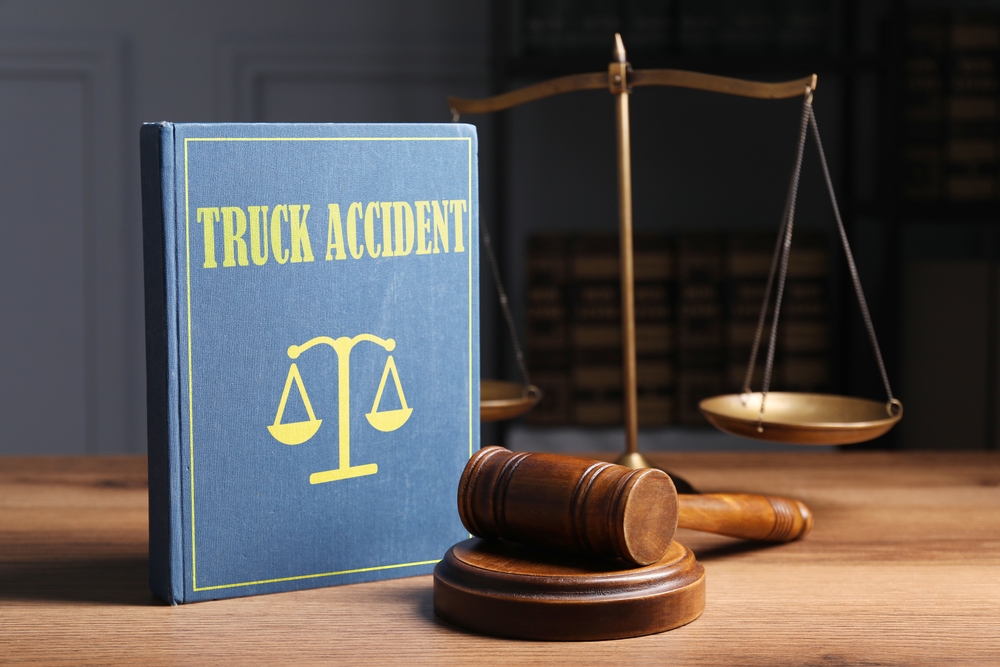
New Jersey roads are frequently traveled by truck drivers delivering goods and services. These trucks range in size, and regardless of the vehicle class, a commercial truck accident in New Jersey can result in devastating consequences for smaller vehicles and their occupants.
FMCSA Truck Regulations and Their Impact on New Jersey Drivers
The FMCSA (Federal Motor Carrier Safety Administrations) is a division of the U.S. Department of Transportation, and frequently teams up with the Federal Highway Administration to institute regulations in the interest of the safety of truck drivers and those who share the road with them.
The FMCSA frequently adds to their already lengthy list of rules and regulations for the trucking industry. Many of these regulations reiterate what would be considered “common-sense” relative to the operation of a trucking vehicle. Other rules and regulations are a bit more obscure, but still detail and direct various precautionary measures.
Why Truck Driver Licensing Requirements Matter in NJ
First and foremost, truck drivers are required to have a commercial driver’s license, which they cannot receive without passing a test. Commercial vehicles and their licenses come in many varieties (classes of vehicles). A license will often classify exactly which class of vehicle the operator is allowed to drive.
Hours of Service Rules to Prevent Driver Fatigue
The FMCSA also regulates how many contiguous hours a driver may operate their vehicle. Commercial drivers often have long routes which can affect their sleep patterns and behavior on the road. Lack of sleep can impair driver capability and may cause accidents. Drivers are forbidden from working over a certain amount of hours per week and these regulations are intended to give the drivers ample opportunity to get adequate rest.
Height and Weight Restrictions for Commercial Trucks in New Jersey
Commercial trucks are often subject to weight and height restrictions based on the roadways they will traverse. If a truck is carrying too heavy if a load, it can flip or fishtail on roads not intended for such heavy hauling. The height limit is intended to protect trucks from getting stuck under low bridges or tunnels, which can prove to be a real hazard for truck drivers and others occupying the roadways.
Were You Injured in a Commercial Truck Accident in New Jersey Caused by FMCSA Violations?
Regulations relating to the operation of a trucking vehicle are only effective if practiced by trucking companies and their drivers. If you are involved in an accident with a truck which violated any FMCSA regulations, you could be entitled to monetary compensation surrounding your damages, including: your injury, lost wages, property damage, medical treatment costs, etc.
It’s important to have experienced attorneys pursue and/or investigate your potential claim. The attorneys at Blume Fried Forte Zerres & Molinari can help you protect your rights and properly pursue your claim. For a free consultation, call 973-845-4421.

